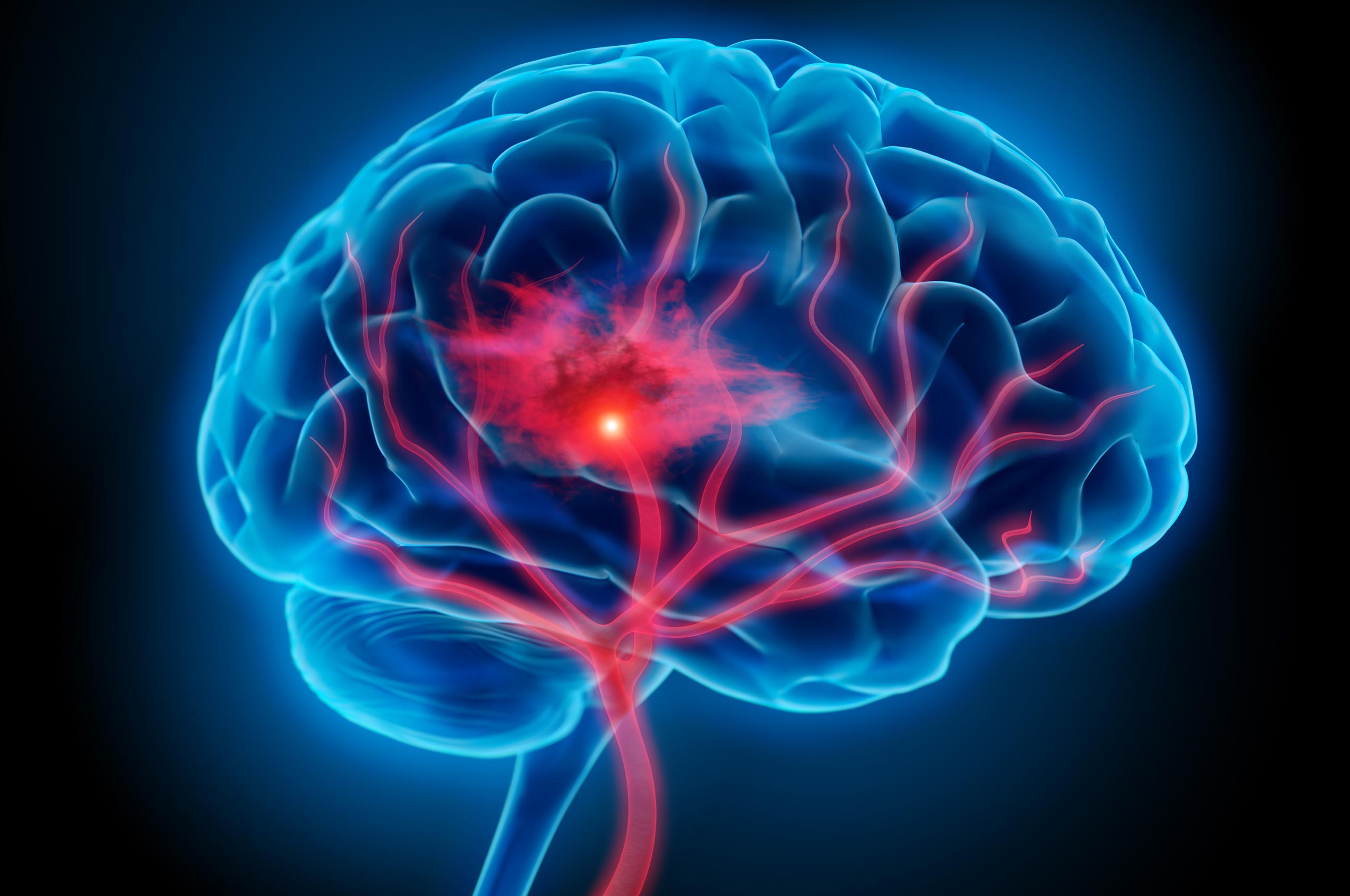Stroke and Brain Inflammation Research

Our research division aims to understand the fundamental injury and repair mechanisms which occur during stroke.
Our research division aims to understand the fundamental injury and repair mechanisms which occur during stroke. A stroke triggers a series of damaging events following its onset, including inflammation and systemic infection that lead to cell death and changes in mobility. Our team has introduced routine immunological approaches that are now widely used in this field to tackle inflammation.
Our key research focuses on whether immunotherapies – that is therapies which either supress or activate the body’s immune response - can be used to reduce brain inflammation and consequently reduce the burden of stroke. The team has extensive expertise using rodent studies, as well as new approaches to analysing large data sets to identify new relationships in stroke pathology.
Our team aims to address gaps in existing research by addressing key risk factors such as advanced age and sex in our work.
Current Research Projects
We have found that treatment with human amnion epithelial cells (hAECs) is neuroprotective when administered within the acute phase of experimental stroke. That work has been translated into a Phase I clinical trial of hAECs in 8 acute stroke patients. We are also identifying how long after a stroke that hAEC therapy might still be beneficial. We routinely incorporate aged mice of both sexes into our preclinical studies to better simulate the clinical scenario.
We are extending our work on hAECs by exploring the potential of tiny particles (exosomes) released by the cells as another attractive stroke therapy. Exosomes (40-120 nm in size) can act as signalling mediators between cells, and those released by hAECs contain material that supports blood vessel development and tissue healing. We predict that exosomes from hAECs may be protective after stroke when simply administered intravenously or intranasally. Purified exosomes are more drug-like than hAECs and can be readily stored and quickly prepared for use.
Team members
- Dr Helena Kim (Division Head)
- Dr Richard Zhang
- Ms Liz Barreto Arcé (PhD Student)
